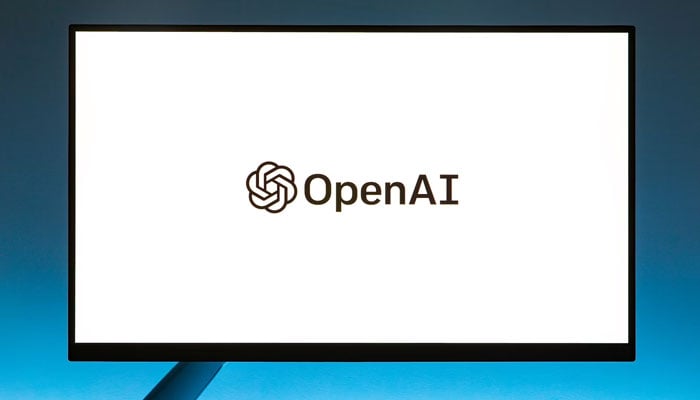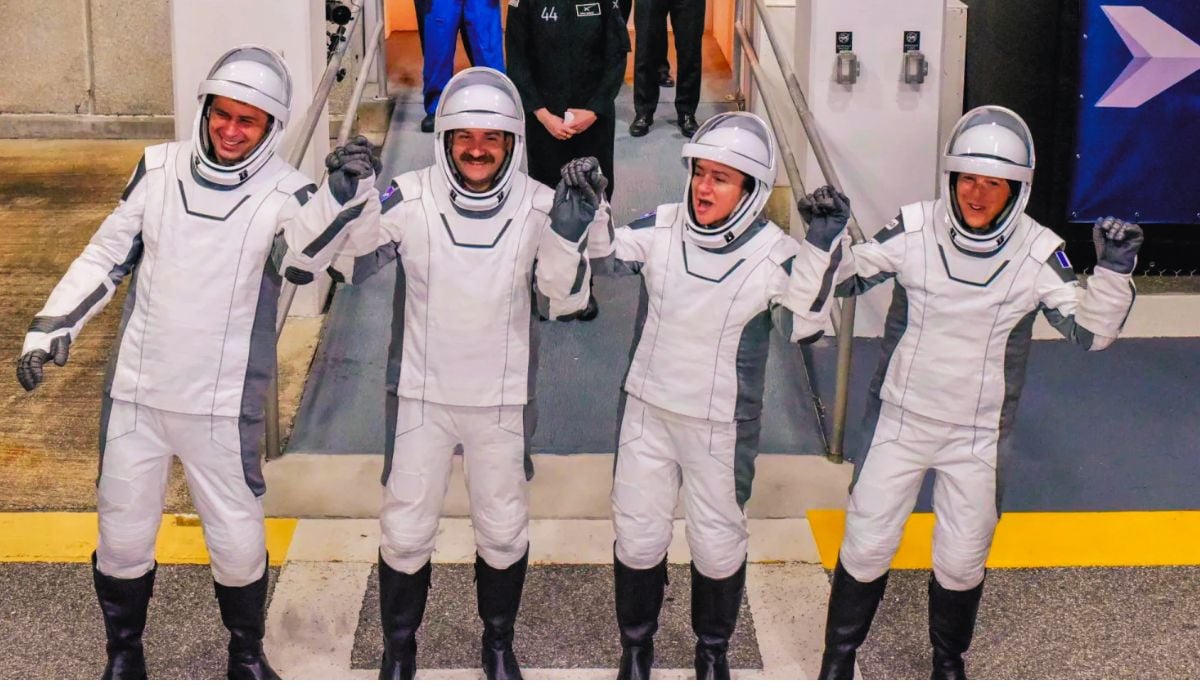OpenAI accuses New York Times of 'hacking' ChatGPT to create misleading evidence
Representatives for New York Times and OpenAI have not commented on the filing
OpenAI has asked a federal judge to dismiss parts of the New York Times' lawsuit against it accusing the artificial intelligence (AI) giant OpenAI and its biggest financial supporter, Microsoft, of using millions of its articles without permission to train chatbots to provide information to users.
The Times is not alone in filing such lawsuits; groups of authors, visual artists, and music publishers have also sued tech companies for allegedly misusing their work in AI training, NDTV reported.
OpenAI filed a response in Manhattan federal court on Monday, claiming that the Times had "hacked" its chatbot ChatGPT and other artificial intelligence systems to generate misleading evidence for the case.
"The allegations in the Times's complaint do not meet its famously rigorous journalistic standards," OpenAI said. "The truth, which will come out in the course of this case, is that the Times paid someone to hack OpenAI's products."
According to OpenAI, the Times caused the technology to reproduce its material through "deceptive prompts that blatantly violate OpenAI's terms of use."
Representatives for the New York Times and OpenAI have not commented on the filing.
Tech companies have said that their AI systems make fair use of copyrighted material and that the lawsuits threaten the growth of the potential multitrillion-dollar industry.
The complaint accuses OpenAI and Microsoft of trying to "free-ride on the Times's massive investment in its journalism" and creating a substitute by providing users with near-verbatim excerpts of its articles through chatbots.
OpenAI said in its filing that it took the Times "tens of thousands of attempts to generate the highly anomalous results.
"In the ordinary course, one cannot use ChatGPT to serve up Times articles at will," OpenAI said.
-
NASA's Hubble Space Telescope discovers ‘Dracula Disk', 40 times bigger than solar system
-
Annular solar eclipse 2026: Where and how to watch ‘ring of fire’
-
Scientists discover rare form of 'magnets' that might surprise you
-
Humans may have 33 senses, not 5: New study challenges long-held science
-
Northern Lights: Calm conditions persist amid low space weather activity
-
SpaceX pivots from Mars plans to prioritize 2027 Moon landing
-
Dutch seismologist hints at 'surprise’ quake in coming days
-
SpaceX cleared for NASA Crew-12 launch after Falcon 9 review












